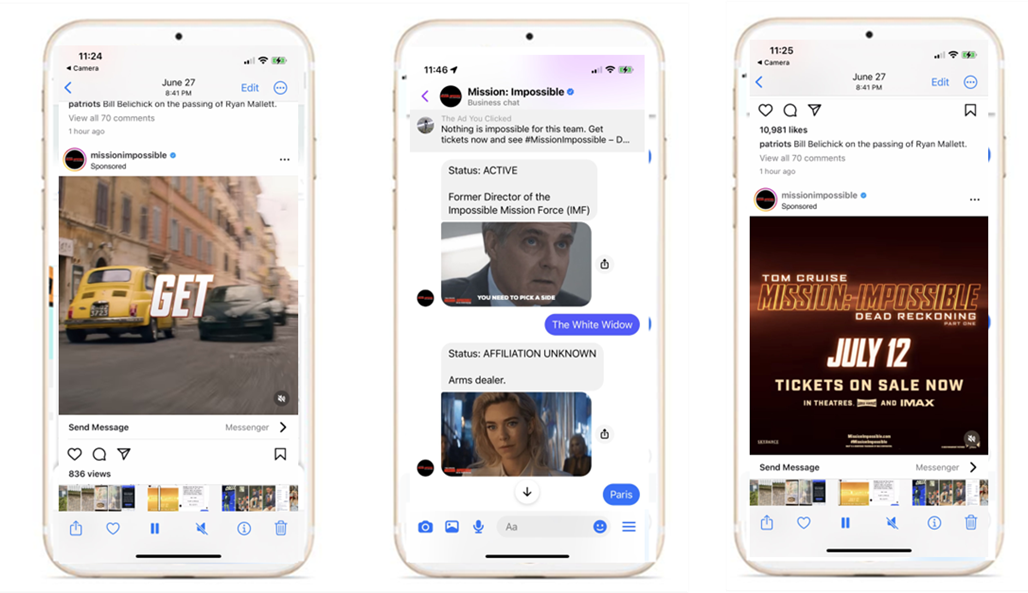Why are questions from international students going unanswered?
Education is becoming global. Students want to learn more about what’s happening around the planet, experience different cultures, and become better global citizens. The competition for these students among colleges and universities can come down to a prompt response to a simple question.
Finding the best program and figuring out which school to go to can be incredibly challenging for international students. Questions ranging from admissions, to financial aid, to cultural norms, to prospective careers are complicated by language barriers and time differences between the location of the prospective student and the potential school. Most of these “low touch / high volume” questions are easily answered by school admissions staff, but these questions get multiplied by the number of students searching for prospective colleges and universities. This results in delayed responses, incorrect answers and overwhelmed staff.
This is where chatbots come to the rescue. A chatbot is a virtual assistant that communicates through text messages. Messaging is rapidly becoming the preferred way for Gen Z’s to communicate with an organization, in webchats or through instant messenging. These students prefer immediate answers through text to waiting for in-person responses.

(https://www.expertsystem.com/choose-chatbot-customer-service/v)
Here are some of the ways chatbots are helping colleges/universities engage better with prospective students around the world:
1. Getting answers quickly
It can be overwhelming to read through whole documents to find simple answers. College/university websites talk about everything in detail, from programs offered to application deadlines to credits required. Instead of reading excessive information and feeling lost, students could just engage with a chatbot and get immediate replies, especially to low touch/high volume questions like:
What is my application status?
What is the orientation date for international students?
What is the tuition payment deadline?
2. Assistance with deciding what program to take
Chatbots can help students with complex tasks like matching their interests and grades with the program that best suits their skillset. Bots can tell a potential student how to earn extra credits by studying a hobby while taking a full-time program. The bot can help answer questions about career options related to those programs.
It can be overwhelming when international students aren’t aware of the variety of courses being offered in different colleges. They generally learn more about it after they have started their current program, when they feel it’s too late to change. With assistance, they can make better decisions for their future.
3. Better student engagement leads to better conversion
Prospective students don’t apply to just one college/university. They file multiple applications, and based on engagement and priorities, they make the decision of which college/university to attend. When these multiple applications are being put in, student engagement becomes a very important factor in decision making. Sometimes a lack of follow up can lead to a student deciding against a college/university. A virtual assistant won’t just be quick, but will also respond in a way that makes the student feel prioritised.
4. Assistance with financial aid and form filling
Tuition is expensive, and fees are increasing every year. However, most international students aren’t aware of financial aid, how they can avail of it, or if they qualify. To learn more about this, a student ends up in a loop, going back and forth with a representative from the college. Sometimes finding the right answer takes time; the representative could be juggling their attention amongst a lot of potential students asking the same questions. This can lead to students missing deadlines, or shortlisting their options based on better and quicker responses. A virtual assistant will answer each question by understanding intent, and when the questions become too complex, can pass on the queries to a representative seamlessly.
5. Language barriers
When students from different parts of the world apply to primarily English-speaking countries, language can sometimes become a barrier. If English isn’t the student’s first language, communication with representatives can be difficult. This may also affect the student’s confidence in moving to an English-speaking nation. A virtual assistant can be trained to communicate in other languages. For example, if a college/university has a lot of international students wanting to enrol from Spanish, Japanese, Korean, Hindi, etc speaking backgrounds, the bot will text in that language.
Education as an industry is going through a lot of changes. Adapting to advanced technology can help you to grow and move ahead with progressing times. Massively is here to help you adapt with powerful AI bots that your international students will actually want to talk to.





